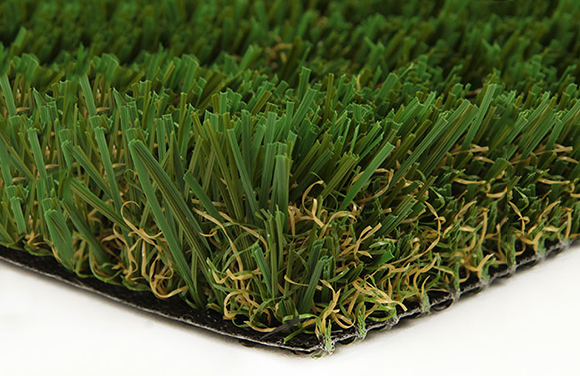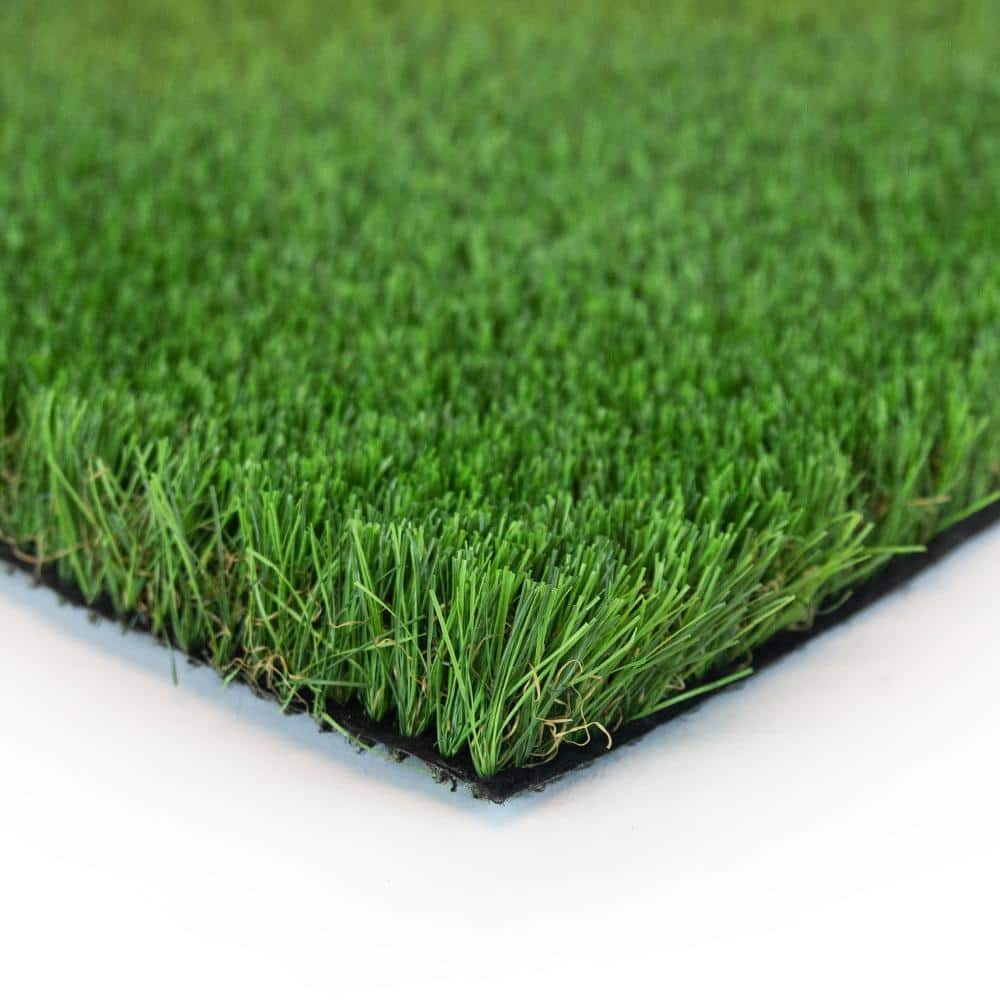Environmentally Safe Arizona Artificial Turf for a Year-Round Lush Green Lawn
See Why Homeowners Prefer Artificial Turf for Lasting Landscape Design Practices
As home owners progressively prioritize sustainability in landscaping, artificial turf has emerged as a compelling choice to traditional grass. What remains to be checked out is the full extent of benefits that synthetic turf can use to homeowners and the setting alike.
Water Preservation Conveniences
One of the most substantial advantages of artificial grass is its duty in water preservation. Standard yard yards call for significant amounts of water to preserve their lush appearance, commonly causing overuse of neighborhood water resources, especially in arid regions. On the other hand, synthetic grass removes this demand completely, as it does not call for watering. This not only saves water however additionally minimizes the pressure on metropolitan water systems, especially during dry spell problems.
Additionally, the setup of synthetic grass can contribute to a much more lasting landscape. House owners can significantly lower their water expenses, enabling reallocation of sources to other ecological initiatives or household uses. Furthermore, synthetic grass is designed to endure different weather conditions without the requirement for additional watering, making it an excellent selection for areas encountering water deficiency.
The environmental benefits prolong beyond immediate water financial savings. By lowering water consumption, synthetic grass assists to reduce the impacts of climate adjustment, maintaining vital communities that are endangered by too much water removal. As sustainable landscape design techniques acquire traction, synthetic grass emerges as a responsible option for house owners looking for to develop eco-friendly exterior spaces.
Minimized Upkeep Efforts
Fabricated grass substantially reduces maintenance initiatives contrasted to traditional turf yards. With artificial grass, homeowners can remove the lengthy jobs connected with natural landscaping, such as mowing, fertilizing, and weeding. This not just conserves valuable time but likewise decreases physical labor, making grass treatment easily accessible for people of every ages.
One of the most notable benefits is the lack of normal mowing. Typical grass need constant trimming to maintain a visually pleasing height, whereas artificial turf continues to be constantly lavish without the need for reducing. Furthermore, house owners no longer need to use plant foods or chemicals, which are typically needed to maintain natural turf healthy. This change not only lightens the work however also advertises a neater, more consistent look year-round.
Additionally, synthetic grass is long lasting and resistant, requiring minimal maintenance beyond occasional cleaning and washing to get rid of particles. This convenience of maintenance enables house owners to appreciate their outdoor areas without the consistent concern of upkeep, giving more time for recreation and family members tasks. Ultimately, the decreased upkeep initiatives related to artificial turf make it an enticing option for those seeking a low-maintenance, aesthetically appealing landscape.

Ecological Impact Reduction
There is an expanding acknowledgment of the ecological advantages related to artificial lawn, specifically in terms of water conservation and decreased chemical use. Standard grass call for substantial quantities of water, specifically in drought-prone areas, resulting in enhanced stress on regional water resources. In contrast, synthetic grass gets rid of the requirement for irrigation, dramatically lowering water consumption and promoting sustainability.
Additionally, conventional lawn upkeep often entails the application of pesticides, herbicides, and fertilizers, which can contribute to dirt and water air pollution. Synthetic grass reduces this environmental threat by calling for minimal upkeep and essentially getting rid of the requirement for unsafe chemicals. This not only enhances soil wellness yet additionally shields neighborhood communities from hazardous drainage.
Furthermore, the production of natural turf lawns usually entails making use of nonrenewable fuel sources for mowing see this and landscaping tools, more adding to greenhouse gas discharges. By selecting synthetic grass, homeowners can significantly lower their carbon impact linked with grass treatment tasks.
Aesthetic Appeal and Flexibility
In wikipedia reference enhancement to its environmental benefits, synthetic grass provides substantial visual allure and flexibility for landscape design. House owners can accomplish a lush, eco-friendly appearance year-round, eliminating the seasonal fluctuations frequently related to natural turf. This regular visual not just enhances the visual charm of a residential or commercial property however additionally contributes to a well-maintained and polished look.
Furthermore, man-made lawn is available in a variety of shades, designs, and structures, enabling for modification to match specific choices and layout motifs - Artificial turf companies phoenix. Whether utilized in domestic yards, industrial areas, or entertainment locations, it can effortlessly incorporate right into diverse landscape design layouts, from contemporary minimalist to rich exotic settings
The convenience of synthetic grass expands past plain appearance; it can be set up in numerous areas, consisting of rooftops, patio areas, and even indoor areas, producing chances for unique landscape design options. In addition, it appropriates for a variety of tasks, from children's backyard to pet-friendly atmospheres, providing functionality without compromising design.
Inevitably, the visual allure and flexibility of synthetic grass make it an eye-catching option for home owners looking for sustainable landscaping remedies that do not sacrifice charm for ecological responsibility.

Long-Term Cost Financial Savings
One of the most compelling advantages of synthetic grass is its potential for long-lasting cost financial savings. Unlike natural grass, which calls for normal maintenance-- including mowing, watering, find more information feeding, and parasite control-- artificial turf considerably lowers these continuous costs.
Furthermore, artificial lawn has a life expectancy of 15 to 25 years, relying on its high quality and usage. This durability reduces replacement prices, making it an extra economical choice over time. Furthermore, the initial investment in synthetic grass can usually be redeemed through the financial savings accumulated with time.
While the in advance expense might appear greater contrasted to sod installment, the collective savings from lowered upkeep and water use typically exceed these preliminary expenditures. Inevitably, the adoption of synthetic grass not only promotes a sustainable landscape design service yet additionally provides house owners an economically wise alternative that straightens with long-term budgeting objectives.
Conclusion
Fabricated lawn arises as an engaging option for sustainable landscaping, using significant benefits in water preservation, decreased maintenance efforts, and lessened environmental influence. As neighborhoods increasingly prioritize eco friendly techniques, the fostering of fabricated lawn represents a modern step towards attaining sustainable and resilient landscapes.
Additionally, man-made turf is designed to endure numerous weather conditions without the requirement for additional watering, making it a suitable option for regions dealing with water deficiency. (Phoenix turf companies)

Synthetic grass emerges as an engaging choice for sustainable landscaping, providing substantial advantages in water preservation, minimized upkeep efforts, and lessened ecological effect.